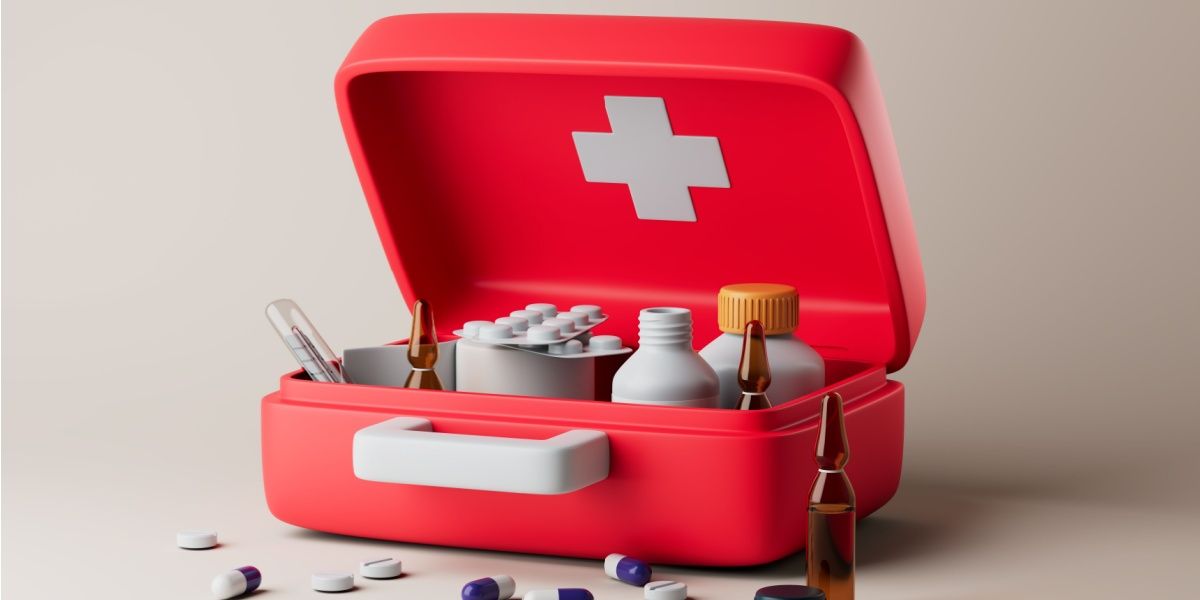Supervised consumption sites are a facility in which people who use drugs can administer substances safely and under supervision. These services are found to significantly reduce the risk of overdose, disease transmission, and public exposure to drug-related activities.
What are supervised consumption sites?
Supervised consumption sites (SCS), also known as safe injection sites, are safe places for people to use drugs under the supervision of trained healthcare professionals. SCS can help reduce many risks associated with drug use, including overdose and disease transmission, while also providing education and advice to promote safer drug use.[1]
How do supervised consumption sites work?
People obtain their drugs before attending the site and then administer the substance, often by injecting, under supervision. Trained staff monitor individuals for signs of overdose or other harmful effects and can provide necessary care to ensure safety.[2]
Who operates supervised consumption sites?
Staff at these facilities are trained professionals and may include nurses and social workers. They have specialized training which typically includes being able to recognize and treat overdose, provide healthcare such as wound care and testing for diseases, and provide mental health support and advice.[3]
What is the goal of SCS?
SCS can reduce the risk of harm associated with using drugs while also providing people with a safe and non-judgmental space to access healthcare treatments and additional support and agencies that can improve overall well-being and living circumstances.
Most SCS sites operate with the ultimate goal of helping those with substance use disorders find access to addiction treatment and recovery services.[4][5]
The benefits of SCS
Since SCSs have been in operation in several countries for over thirty years, various studies have investigated the extent of their effectiveness and benefits. This includes:[1][3][4][5]
- Preventing overdose: There have been no reported overdose deaths at SCS, as treatment such as naloxone can be provided instantly, saving lives. At these sites, people are not alone when they use drugs and are advised on safer administration methods, also helping to reduce potential risks of overdose. Many sites offer drug testing as well, which helps prevent people from unknowingly taking a contaminated or highly potent substance, such as drugs mixed with fentanyl.
- Reduction in HIV and hepatitis C transmission: SCSs often provide clean and sterile equipment such as syringes, which helps reduce the risk of disease transmission caused by sharing used equipment.
- Reducing injection-related infection: Physical healthcare can be monitored and treated at SCS, reducing the risk of infected injection sites and wounds.
- Reduction of public injections: Fewer people inject substances in public where there are SCS facilities, preventing the public from being exposed to drug-related activity. Many sites report that some individuals are repeat visitors to the facility and therefore are no longer using drugs in public to the same extent.
- Safe disposal of syringes: SCSs dispose of used paraphernalia safely, preventing the sharing of needles and potential accidental harm.
- Increased access to medical and social services: SCS staff provide advice and support to individuals who wish to access physical healthcare, mental health support, substance use disorder treatment, and social services, thereby helping to improve various aspects of the individual’s life and well-being.
Accessing supervised consumption services
Many countries provide SCS to people who use drugs and they are becoming more widely accepted as an effective harm reduction service, despite controversy around their use. SCS services have begun operating in the United States in the last few years, with some states authorizing their use, although they remain illegal under federal law.[4][6]
Where SCS are in operation, they can be accessed by anyone. Service hours may vary at different sites, although some remain open 24 hours a day.[1][7]
Stigma towards SCS
There is a lot of controversy and stigma surrounding supervised consumption sites. Some argue that they are an effective and necessary tool to reduce drug-related harm. In contrast, others contend that they should not be in operation and can cause harm to individuals and communities.
A great deal of stigma exists regarding drug use in general, with people who use drugs often being judged as criminal or dangerous individuals. Some people believe that providing facilities for people to use drugs may be seen to be an acceptance of these behaviors, encouraging continued use.[6][8]
It is also argued that by providing a safe space for drug use, these services are simply keeping people alive who are causing harm to themselves and the wider community and doing nothing to prevent their drug use.[6]
Some believe that these facilities may contribute to increased drug use and crime in the areas surrounding the site, such as violence and being publicly under the influence of substances.[2]
Despite these opinions, there is little evidence to suggest that SCS increases drug use, crime, or danger to the public. Additionally, people who access these services are more likely to enter substance use disorder treatment and receive health and social care that improves their lives.[1]
How to find supervised consumption sites
State or local health department websites may provide information about supervised consumption sites in your area. People in Canada can use an interactive map to locate SCS.[9]
There are currently very few SCS in the US, although this may change in the upcoming years. Canada and other countries have many sites in operation.[4]




